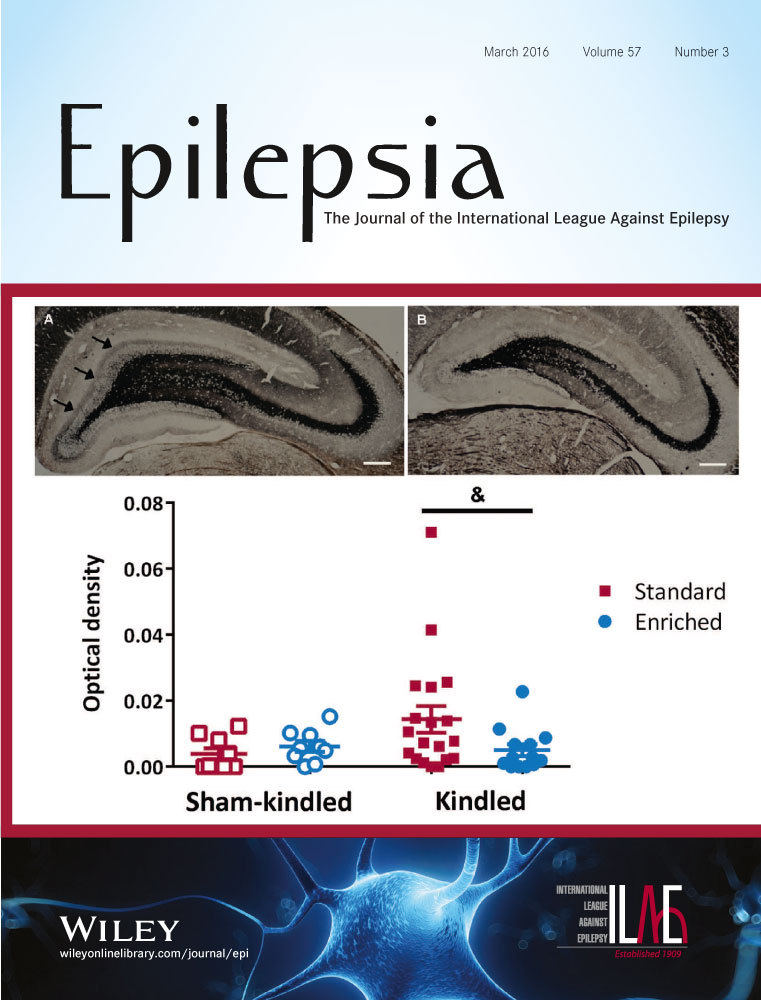Autosomal dominant cortical tremor, myoclonus, and epilepsy (ADCME) in a unique south Indian community
Summary
Autosomal dominant cortical tremor, myoclonus, and epilepsy (ADCME)/familial adult onset myoclonic epilepsy (FAME) is a nonprogressive disorder characterized by (1) distal tremors that are usually precipitated by posture and action; (2) stimulus-sensitive myoclonus that is predominantly seen in the upper limb and is precipitated by photic stimuli, fatigue, emotional stress, and sleep deprivation; (3) seizures that were predominantly of the generalized tonic–clonic type that showed significant response to antiepileptic drugs (AEDs). ADCME has been reported worldwide with different genetic loci in Japanese families (8q23.3-q24.1), Italian families (2p11.1-q12.2), a French family (5p15.3.1-p15.1), and a Thai family (3q26.32-q28). ADCME has not been reported in South India and is still not recognized as an independent entity under the International League Against Epilepsy (ILAE). We report 241 patients with ADCME identified belonging to 48 families. The 48 families are domiciled in two southern districts of Tamilnadu in India, belonging to a community called “Nadar” whose nativity is confined to these southern districts, with reported unique genetic characteristics. This study is reported for the presentation of this rare disease in a unique ethnic group, and is the largest single report on ADCME worldwide.




